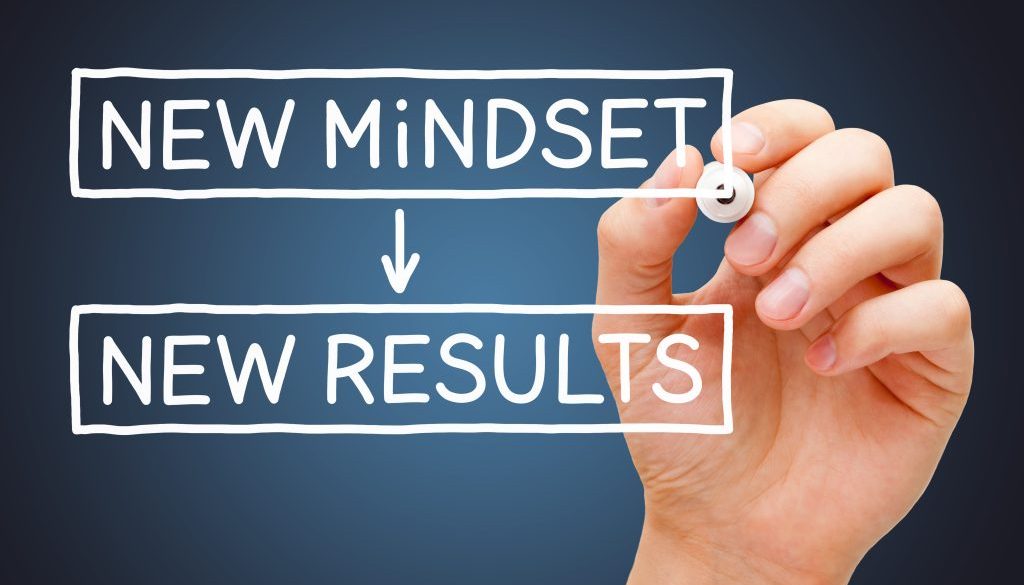The Physician’s Burden: How the Physician Mindset Can Make or Break Your Career
Picture this: you’re in the operating room, and a critical error occurs. The patient’s life hangs in the balance, and the weight of the world seems to rest on your shoulders. In that moment, do you take ownership of the mistake, try to hide it, or place the blame on others? As a physician, you know that no one in medicine works in a silo, and all successes or missteps result from the actions of a team. Yet, this fact is frequently forgotten. Even if you logically understand that successes and failures do not solely rest on your shoulders, you feel physically, mentally, and emotionally responsible. This overwhelming sense of responsibility is a direct result of the mindset you developed during your medical training – a mindset that can either propel you to greatness or lead to burnout and despair.
Medical training is rigorous and demanding. Premeds, medical students, residents, fellows, and practicing physicians are held to extremely high standards. This approach results in highly skilled clinicians with performance-oriented, fixed mindsets. The constant pressure to be perfect, combined with the fear of making potentially life-altering mistakes, can lead doctors to prioritize appearing competent over asking for help and learning from mistakes. This emphasis on perfection creates the physician mindset. A mindset where physicians feel they must always have the right answers. The physician mindset hinders the ability to adapt, learn from failures, and embrace new challenges. The physician mindset limits doctors ability to function in the medical system.
Growth vs Physician Mindset: Understanding the Difference
A growth mindset, as coined by psychologist Carol Dweck, is the belief that abilities and intelligence can be developed through effort, learning, and persistence. People with a growth mindset view challenges as opportunities to improve and see failures as stepping stones to success. In contrast, the physician mindset, shaped by medical training, often aligns more closely with a fixed mindset. This perspective can lead doctors to view their abilities as static, fearing that admitting uncertainty or making mistakes might undermine their professional credibility. While this mindset served a purpose during training, it can limit long term personal and professional development. It also predisposes physicians to burnout and an unhapy career.
The key differences include:
- Approach to challenges: The growth mindset embraces challenges; the physician mindset avoids them to maintain the appearance of competence.
- Response to failure: Growth mindset sees failure as a learning opportunity; the physician mindset views it as a threat to professional standing.
- Effort and improvement: The growth mindset values effort as a path to mastery, while the physician mindset emphasizes innate talent and quick, correct answers.
- Feedback reception: Growth mindset welcomes constructive criticism; the physician mindset is defensive and perceives feedback as negative.
Developing a Growth Mindset:
The medical system is a mess. That mess has nothing to to with the physicain mindset. Changing your mindset won’t change the problems in the healthcare system. A new mindset will, however, change your abilty to function in the healthcare system. Once you mindset changes, everything on the outside will change along with it.
Here are three simple exercises to help cultivate a growth mindset:
- Daily Reflection Journal: Spend 5 minutes each evening writing about a challenge you faced during the day. Instead of focusing on the outcome, reflect on what you learned from the experience. How you can apply this knowledge in the future?
- “Yet” Practice: When faced with a difficulty or shortcoming, add the word “yet” to your self-talk. For example, change “I don’t understand this new procedure” to “I don’t understand this new procedure yet.” This simple addition acknowledges the potential for growth and learning.
- Skill-Building Challenge: Choose a new skill unrelated to your medical practice (e.g., learning a language or playing an instrument) and commit to practicing it for 15 minutes daily for a month. This exercise reinforces the idea that abilities can be developed through effort and persistence.
By recognizing the limitations of the traditional physician mindset and actively cultivating a growth mindset, physicians can enhance their ability to adapt, innovate, and continually improve their practice. This shift benefits individual physicians. It also contributes to better patient care and advances in the medical field as a whole.
In conclusion, the growth mindset is a powerful tool that can help physicians navigate the challenges and complexities of modern medicine. By embracing the idea that intelligence and abilities are malleable, rather than fixed, physicians can approach their work with a sense of curiosity, resilience, and adaptability. This mindset shift is particularly important in the context of competency-based medical education (CBME), which emphasizes the importance of continuous learning, feedback, and improvement.
By fostering a growth mindset culture, medical educators can create a more inclusive and supportive learning environment. An environment that encourages trainees to take risks, learn from their mistakes, and develop the skills and knowledge they need to become competent and compassionate physicians. Ultimately, the adoption of a growth mindset is not just about individual success. It is about building a healthcare system that prioritizes collaboration, innovation, and patient-centered care. As physicians, we have a responsibility to cultivate this mindset in ourselves and in the next generation of medical professionals. By doing so, we can create a brighter, healthier future for all.





